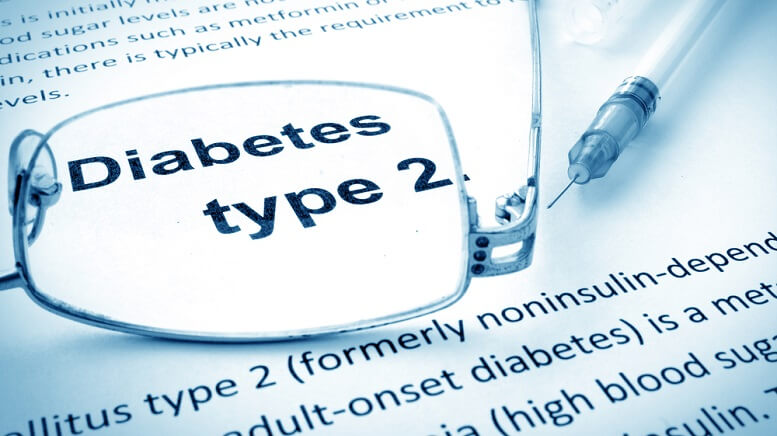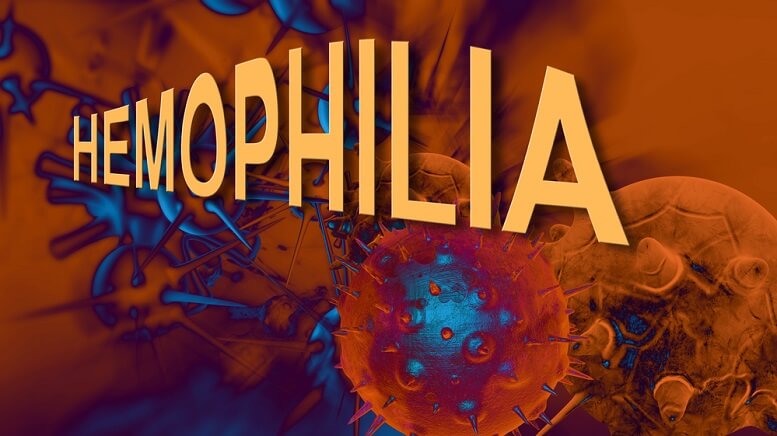Diabetes is a metabolic disease caused by an increase in high blood sugar levels for a prolonged period of time. Our body requires sugar in the form of glucose, which comes from the food we eat. In order to consume glucose, our body produces insulin, which is produced by our pancreas. Diabetes happens when our body either fails to produce insulin or the body does not respond to the insulin.
There are three main types of diabetes which a body can suffer from:
- Type 1 Diabetes
Type 1 Diabetes is a direct result of the pancreas failing to produce enough insulin to dissolve the glucose in our bloodstream, and prolonged failure to produce insulin causes accumulation of glucose, resulting in Type I Diabetes.
- Type 2 Diabetes
Type 2 Diabetes happens when our cells begin to resist the insulin produced, and this leads to a lack of insulin. Its primary causes are excessive body weight and lack of exercise. Hence, when doctors talk about type 2 diabetes treatments, lifestyle changes often become one of the most important points to make.
- Gestational Diabetes
Gestational Diabetes is a form of diabetes that happens to pregnant women who have no history of diabetes with high blood sugar levels.
Causes for Type 2 Diabetes
Type 2 diabetes is also known as noninsulin-dependent diabetes mellitus or adult-onset diabetes. Type 2 diabetes is typically found in adults over the age of 40. Type 2 diabetes is often caused by obesity or related to high cholesterol, high blood pressure, IGT, or impaired fasting glucose, and in those who have developed gestational diabetes during pregnancy. Another prominent reason nowadays is stress.
Type 2 Diabetes Symptoms
Type 2 diabetes can stay dormant for years in a person without showing any symptoms, but as blood sugar levels increase over time, symptoms start to show up. Some of the symptoms of Type II diabetes are blurred sight, numbness of hands and feet, bladder and vaginal infections, appetite and thirst increases, erectile dysfunction, and feeling tired. Sometimes due to diabetes staying dormant for a long time results in a condition called glucose toxicity, which damages the pancreas and leads your body to produce inadequate amounts of insulin or stop its production altogether.
Treatment for Type 2 Diabetes Mellitus
The most important thing you need to know about type 2 diabetes treatments is that it can be treated only if the patient’s blood sugar levels are within the normal range. Weight control, diet, and exercise are key to the treatment to type 2 diabetes mellitus as type 2 diabetes is nutritional.
Losing weight is another one of type 2 diabetes’ treatments, as losing even a few pounds helps in lowering blood sugar levels. In many cases, blood sugar levels are controlled simply by maintaining a healthy diet and exercising.
In some cases, medication is a must to keep the glucose levels in check. If oral medication is not sufficient, a doctor may advise patients to take insulin injections.
Oral medications that have proven to be beneficial include sulfonylureas, biguanides, acarbose, thiazolidinediones, and meglitinides.
Original source: http://findquickanswers.com/non-drug-treatment-for-diabetes-type-2/
Featured image: DepositPhotos – designer491









